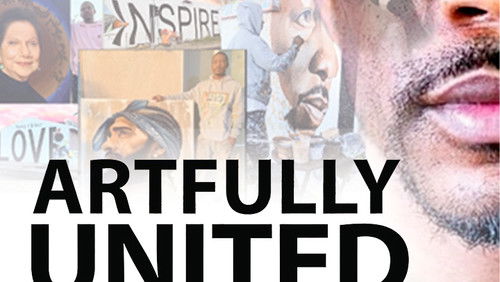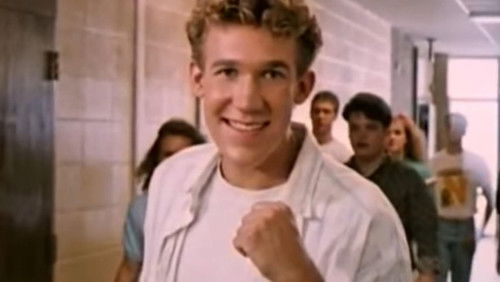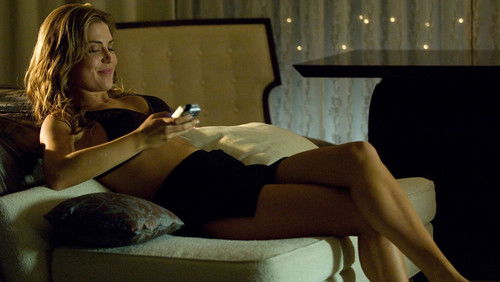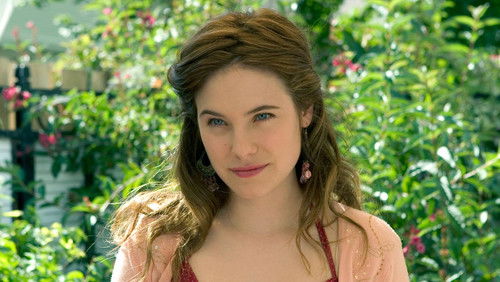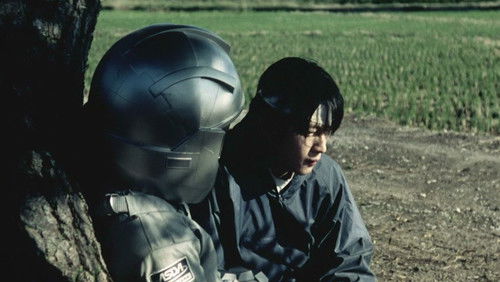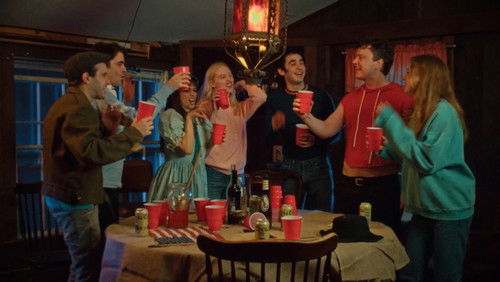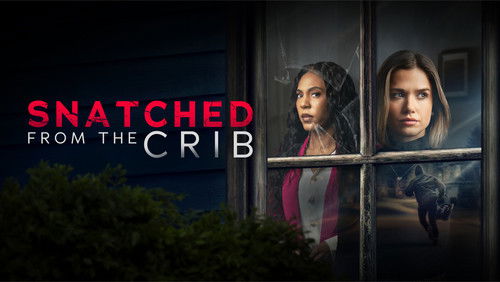Thanks for the Memory (1938)
37KThanks for the Memory (1938). 1h 15m | Approved
“Itu0026#39;s a natural mistake assume that Bob Hopeu0026#39;s familiar theme Thanks for the Memory comes from an early film with this title, but it isnu0026#39;t the case.u003cbr/u003eu003cbr/u003eThe Academy Award theme song came from Bob Hopeu0026#39;s feature film debut in The Big Broadcast of 1938. Hope and Shirley Ross sung the number as a duet and proved so popular that Paramount rushed to put them in a film together and they used the song title to take advantage of its popularity. By now Hope was on radio and Thanks for the Memory became his theme that lasted the rest of his century long life.u003cbr/u003eu003cbr/u003eHope and Ross are a young married couple who are having their problems. Heu0026#39;s a novelist who canu0026#39;t seem to come up with a finish for his latest work. Sheu0026#39;s a former fashion model and a former fiancé of Hopeu0026#39;s publisher Otto Kruger who still has a yen for her.u003cbr/u003eu003cbr/u003eKruger certainly has ulterior motives when he suggests Ross go back to work and Hope stay at home do the housework and finish the novel. But it does seem like the only practical solution. Of course this is where the comedy starts.u003cbr/u003eu003cbr/u003eHopeu0026#39;s not bad in this, but the role was far better suited for someone like Cary Grant. He and Ross get to sing another duet, Two Sleepy People, which was also a big hit. About this time Bob Hope and Shirley Ross recorded Thanks for the Memory and Two Sleepy People for Decca as a 78 rpm which sold over a million copies in Depression America.u003cbr/u003eu003cbr/u003eThanks for the Memory also gives one an opportunity to see Eddie Anderson do a variation on his Rochester character as the building janitor. Anderson had the gravelly comic voice which he used to great effect on Jack Bennyu0026#39;s show. He was certainly never servile to Benny on the radio, in fact usually gave him a zing every show. He has a Rochester like moment with Hope as he insists that Hope pay him $10.25 for doing his laundry which Hope doesnu0026#39;t have. For a black man to stand up like that in 1938 is a rarity unto itself.u003cbr/u003eu003cbr/u003eThe title song is heard at the end where Hope and Ross reprise their duet from The Big Broadcast of 1938. And the song was sent well on its way to becoming an American classic.”

